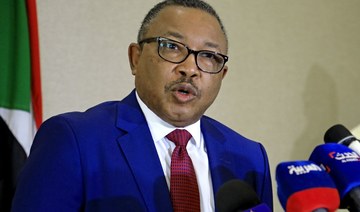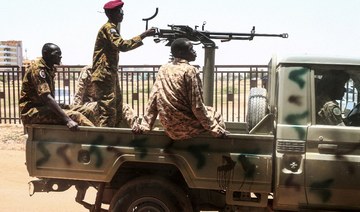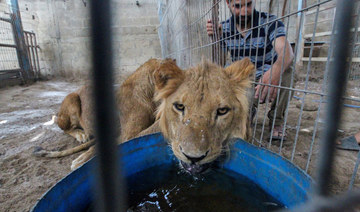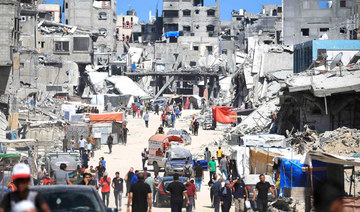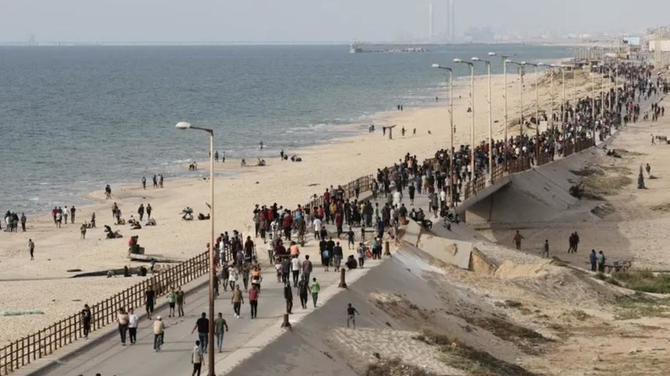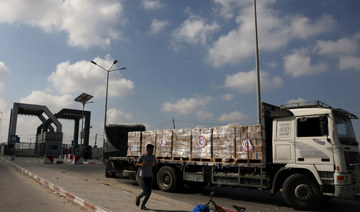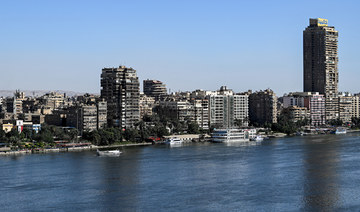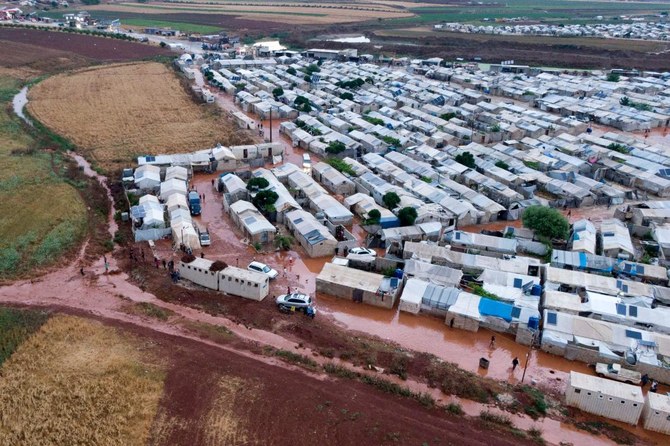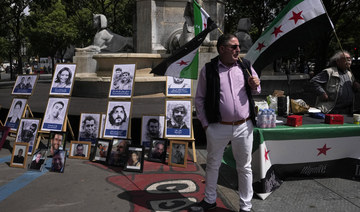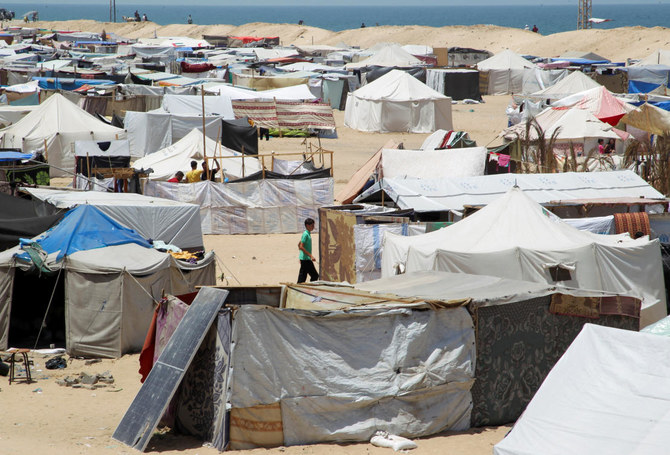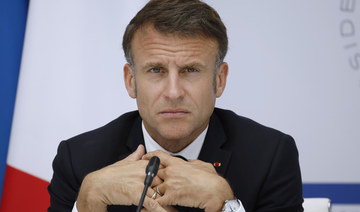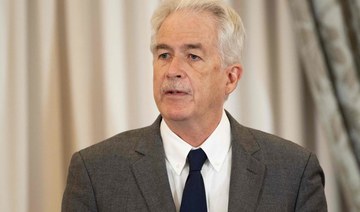NEW YORK: Tensions along Sudan’s border with Ethiopia, including intermittent clashes and exchanges of heated rhetoric between the two countries, are “deeply concerning,” said the UN special envoy for Sudan.
With “reports of intensification of military operations in the border region,” there is “a serious risk for miscalculation and escalation,” Volker Perthes added, urging the international community to “build on Sudan’s and Ethiopia’s stated commitment for a diplomatic solution to support de-escalation and a peaceful resolution.”
In his first briefing to the Security Council as head of the UN Integrated Transition Assistance Mission in Sudan (UNITAMS), Perthes said although the political transition in Sudan is moving forward, the formation of the legislative council and other important milestones remain to be achieved.
Established in June 2020 via resolution 2524, the overarching goals of UNITAMS are to assist the Sudanese democratic transition, protect human rights, support peace processes and the implementation of peace agreements, promote the rule of law, and mobilize economic, development and humanitarian assistance.
The ongoing transition to democratic governance began in April 2019 when months of street protests culminated in the overthrow of dictator Omar Bashir.
Last October, a peace agreement was signed in South Sudan’s capital Juba by the Sudanese authorities and several armed groups from Darfur, ending decades of conflict that left 300,000 dead and over a million displaced, according to the UN.
The peace agreements opened the way for the integration of the three rebel groups from the Darfur, Blue Nile and South Kordofan regions into the Sovereign Council, which is tasked with leading the nation into elections.
Then on Feb. 8, a power-sharing transition government was formed between civilians, the military and armed movements, under the leadership of Prime Minister Abdalla Hamdok.
Perthes, who has been in Sudan for the past five weeks, said the new government has agreed on national priorities such as addressing the collapsing economy, reforming the security sector, implementing the Juba peace agreement and resuming negotiations with the factions that have yet to sign it.
But formation of the Transitional Legislative Council, an important milestone foreseen in the constitutional document and the Juba peace agreement, remains outstanding.
“The swift formation of an inclusive and representative Legislative Council is indeed critical to broaden the support for the political transition,” Perthes said.
“There are fears that the gains achieved for women’s rights in the constitutional document, such as a gender commission to be established or the 40 percent (of the council’s 300 seats that should be represented by women), might not be realized. And Sudanese youth have also expressed frustration over their lack of representation,” he added, underscoring the need for an inclusive political process.
Turning to the economy, Hamdok’s message is that Sudan is becoming a country open for investment, Perthes said, hailing the government’s decision to float the Sudanese pound as “a courageous step that will unlock financial assistance, paving the way for debt relief and fostering private sector engagement.”
But the envoy warned that economic hardships are threatening Sudan’s stability as inflation stood at 304 percent in January, coupled with large trade and fiscal deficits, and high rates of unemployment and poverty.
More than 13 million Sudanese, a quarter of the country’s population, are projected to require humanitarian assistance, including about 3 million internally displaced persons.
The investors’ conference set to take place in May in Paris is meant to mobilize private foreign investment and partnerships, and boost development and job creation. Perthes urged the international community to support this and similar initiatives.




